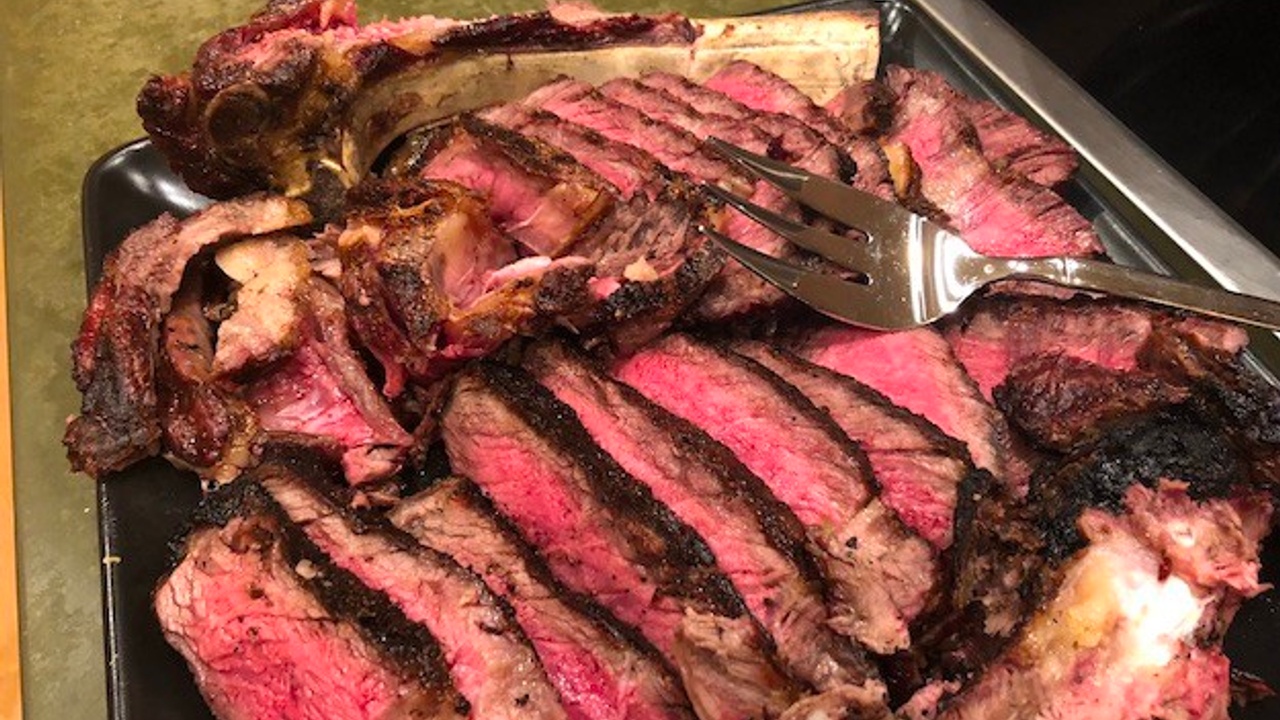Strong Like Bull: Protein
Dec 06, 2021
MACRO NUTRITION
All of the food that we eat is composed of basic building blocks called macronutrients. There are four basic macronutrients carbohydrates, fats, protein, and alcohol.
Protein
Now we are talking! Protein makes us strong like Arnold, right! Shakes, powders, supplements, this is what the fitness industry is built on. More protein, more muscle right!?!

Protein is available in dairy, eggs, meats, modest amounts in most vegetables, legumes, and certain grains (quinoa, spelt). It is also available in supplements, which are typically food sources, filtered, dehydrated, and additives. But another secret is that your body makes protein too!
Proteins are comprised of amino acids. There are 20 flavors of amino acids, 9 of them (isoleucine, leucine, lysine, methionine, phenylalanine, threonine, tryptophan, valine, and histidine) you cannot make, and the rest you can. Of these 9, 8 are essential for adults and 1 for infants (histidine).

Proteins lacking essential amino acids are considered incomplete (ie. pork rinds and most vegetables). The good news is that if you eat a wide variety of vegetables, you can change your incomplete protein intake to complete.
There are also 3 branched-chain amino acids leucine, isoleucine, and valine. Branched-chain amino acids are essential to muscle synthesis. They also have been attributed to less work-out fatigue and post-workout soreness. More on these specific amino acids later.
For each unit of protein digested, you are able to get 4 energy units like carbs (above). Your body uses saliva, gastric and pancreas juice, along with intestinal Pac mans to break down your meal into amino acids. These amino acids then enter the liver, which sends these amino acids to all the parts of the body in need. Other than your muscle, the bones, hair, nails, immune system, and really every part of the body needs protein for repair and function.
Amino acids that are not needed are either stored or removed in the kidneys. The stored protein is converted into triglycerides (to your belly) or glucose for energy. As we stated above, excess glucose is stored as adipose (belly fat). So too much protein can also contribute to that fat composition issue we have been discussing.
You need amino acids for building muscle, recovery and so many important functions. The key, as is the same with all of your macronutrients is the RIGHT AMOUNT for the RIGHT PERSON. Determine your goals and have your micronutrition meet them.





